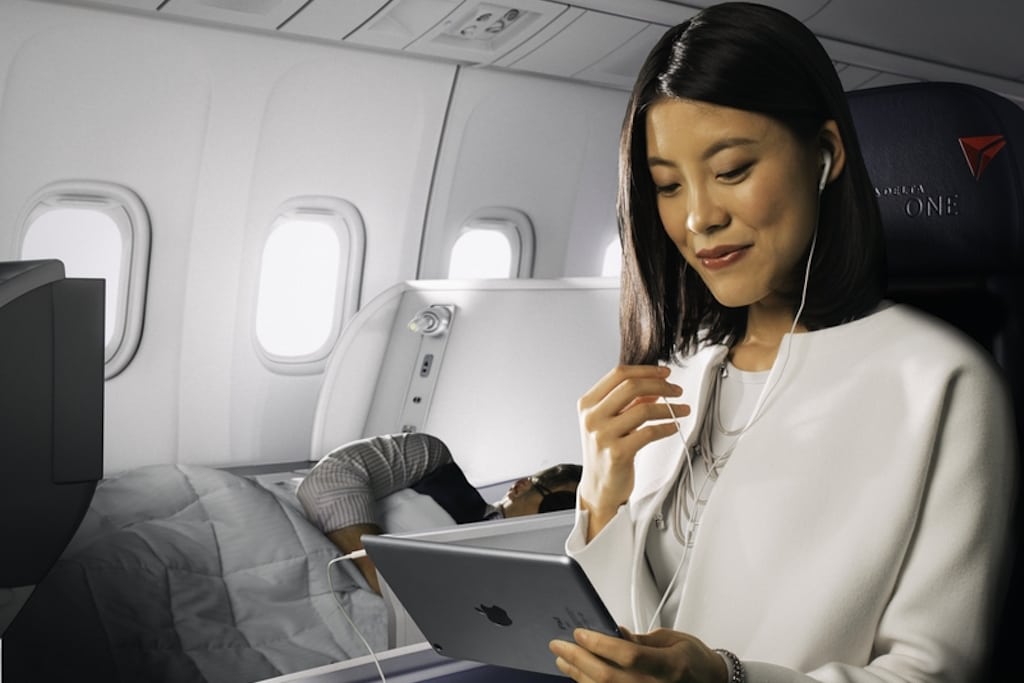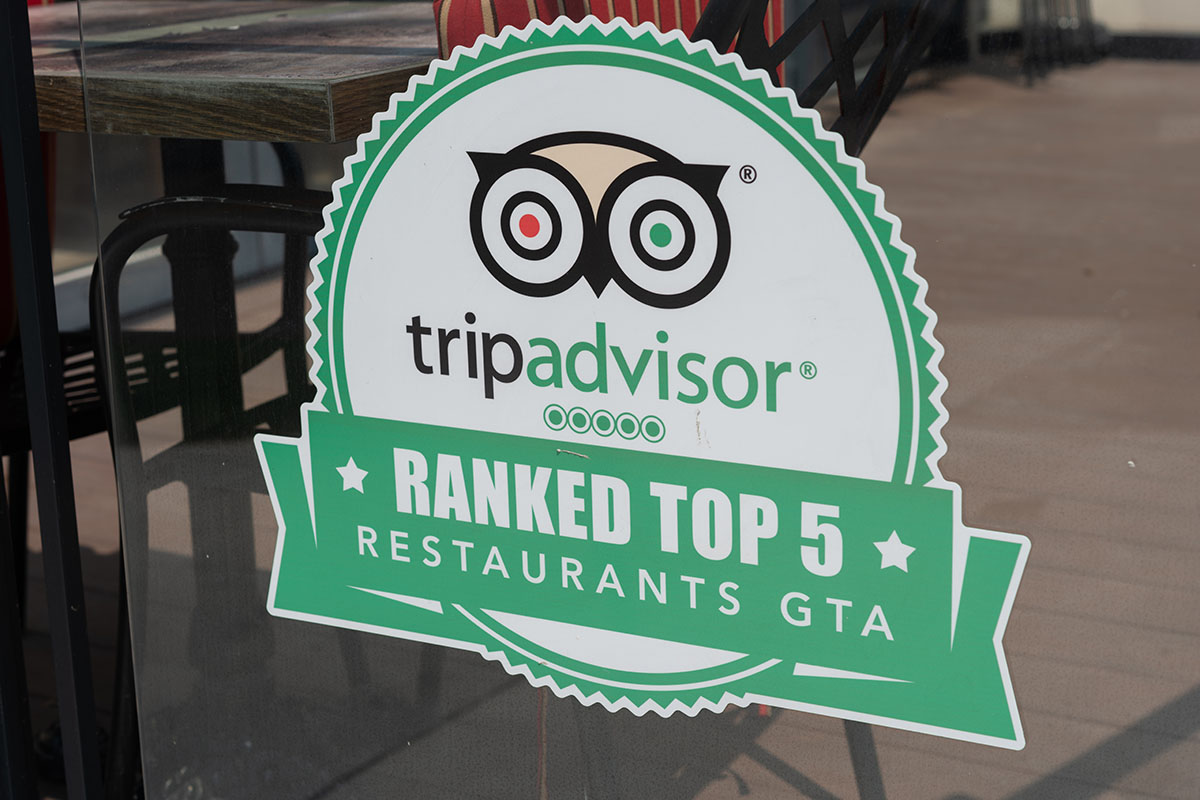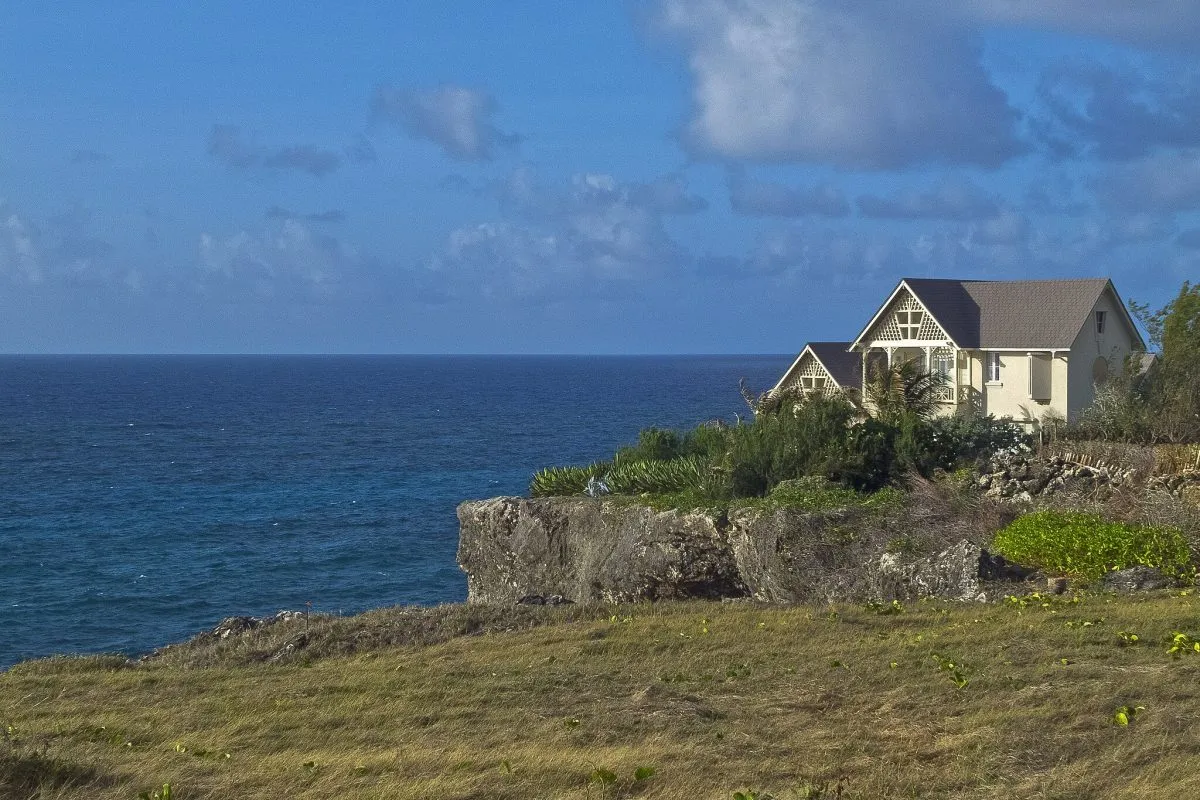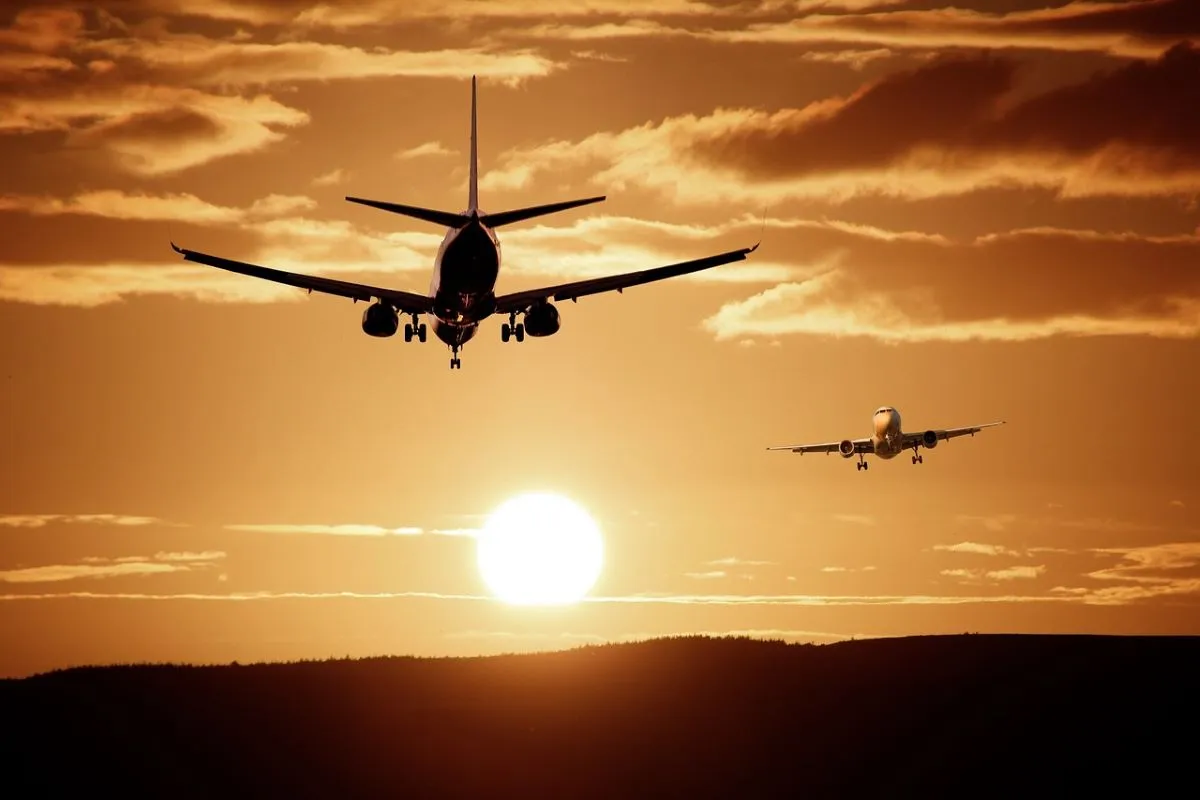In-Flight Calling: DOT Considers Passing New Rules

Skift Take
Should U.S. airlines allow passengers to make phone calls at 35,000 feet? And if they do, what rules should they follow to ensure all travelers have a reasonably peaceful journey?
The U.S. Department of Transportation said Thursday it will ask those questions as it considers whether to add new guidelines for the nation's airlines and ticket agents. In a notice of proposed rulemaking, the government said it wants to protect consumers from "from being unwillingly exposed to voice calls within the confines of an aircraft." But no matter what it decides, the DOT will not ban calls.
At least for now, the Federal Communications Commission still bars voice calls using cellular communications, but the DOT notes there's no similar prohibition on calls over WiFi. Instead, U.S. airlines set their own policies, and though every U.S. airline now bans calls, there's no assurance that will continue.
Outside of the United States, many airlines permit phone talk, including Emirates. In addition, some sophisticated U.S. travelers can sometimes get around an airline's controls, forcing flight attendants to enforce policies.
"While our Wi-Fi systems are set up to block most of apps, new ones are occasionally being developed," United Airlines told flight attendants earlier this year. "Also, certain tech savvy customers can use their Virtual Private Networks to access VoIP sites and apps."
Under the DOT's proposal, airlines would still set guidelines for voice communications. But if they allow calls, they would need to alert consumers of their policy before selling them tickets. And if a passenger bought ticket through a third-party platform, such as Expedia, that site would have to disclose the airline's policy.
The proposed rule would cover cellular telephones, computers, tablets, and other portable electronic devices. It would only be in effect on aircraft with more than 60 seats.
"Carriers would be free to set their own voice call policies, to the extent otherwise permitted by law, so long as carriers provide adequate advance notice when voice calls will be allowed," the government said.
Jean Medina, a spokeswoman for Airlines for America, the trade group representing five of the nation's six largest airlines — each one except Delta Air Lines — said in an email that the government should not regulate how airlines handle voice calls.
"We have long held that this was not a matter for DOT to regulate, and we believe airlines should be able to determine what services can be safely offered in flight and make those decisions based on what is in the best interests of their passengers and crew," she said.
In its notice, the DOT makes clear its guidelines are not about safety, but instead about consumer protections. It likened its proposal to its seven-year-old tarmac delay rule, which requires airlines to allow passengers to get off the plane after a lengthy delay.
"Permitting voice calls on aircraft without adequate notice would harm consumers because of the confined environment and the inability of passengers to avoid the hardship and disruption created by voice calls," the DOT said.
Stakeholders, including Airlines for America, have 60 days to file comments related to the proposed rule.




